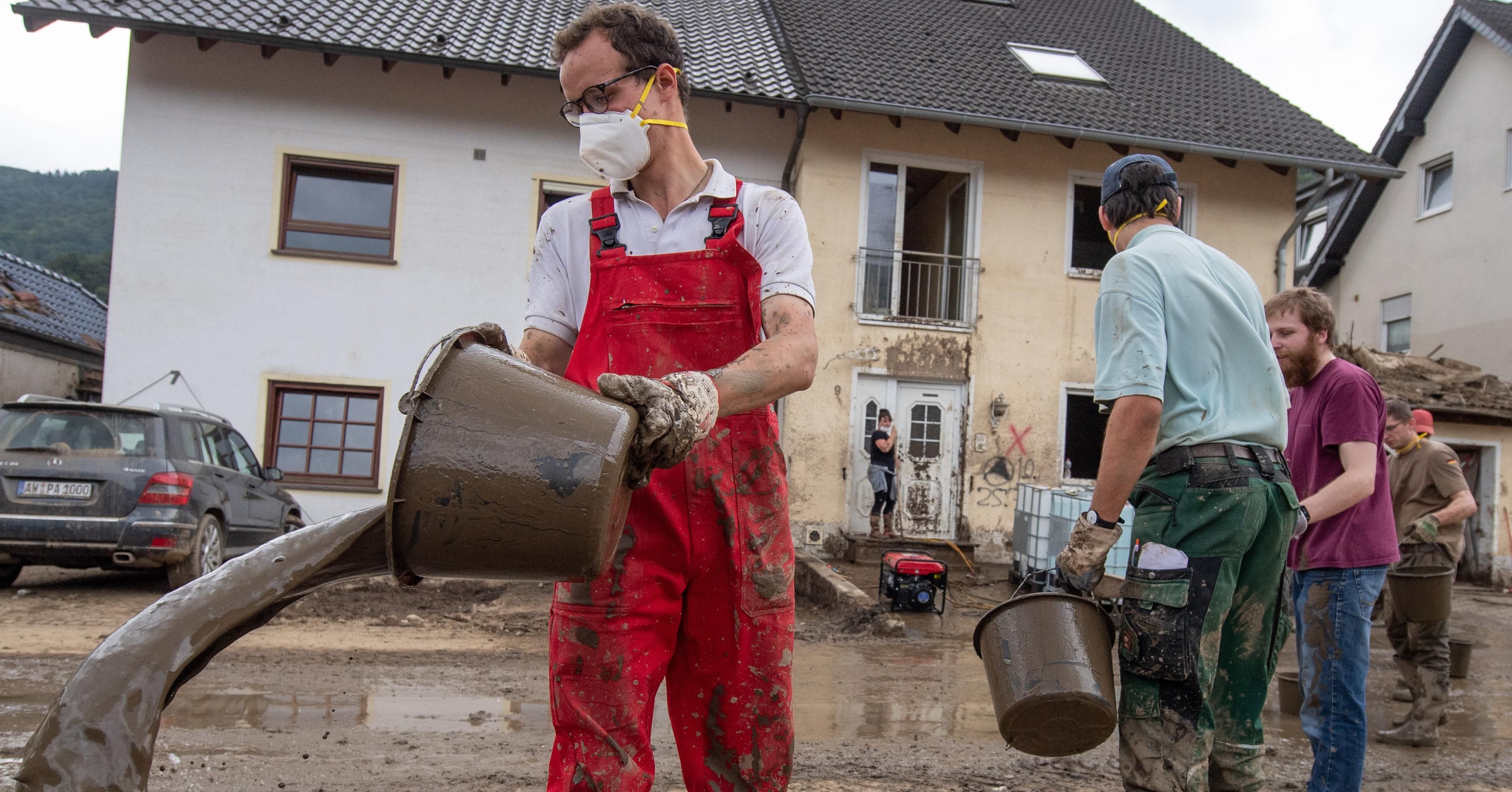
The insights of people from all walks of life, living across the UK, sit at the heart of the recently launched final report of the IPPR Environmental Justice Commission, which has developed ideas and policies to bring about a rapid green transition that is fair and just. The commission's recommendations were shaped by the experience, insights and priorities of the jurors of our four citizens' juries held across the UK in 2020-21.
Our experience tells us that when you trust in people, create the space for personal stories to be shared and allow for thoughtful conclusions to be reached, the decisions you arrive at are better. Valuing public participation and facilitating passionate debates leads to decisions that are more likely to meet people's needs and reflect their hopes for the future. Strong, empowered communities are essential to resilience in the age of environmental breakdown.
So far, the UK's decarbonisation progress has come from 'behind the scenes' changes to energy generation and manufacturing processes, but now is the time to decarbonise 'front of house' industries that will impact people's day to day lives. How we get to work, how we heat our homes, what we eat—making these nature- and climate-compatible will require meaningful public consultation.
For our jurors, it was often a revelation to see and hear the relationship between their local area and issues that they had heard about only in the abstract or in global news stories. Local speakers and ideas from within their own communities—from a community forest to sustainability hubs on an old bowling green—were particularly energising.
The public has a veto on climate and nature policy at the ballot box or in the streets. In France, the Gilets Jaunes demonstrated the risk of public resistance when policies do not account for social impacts. In the UK, there is anger at low-traffic neighbourhoods perceived to benefit the wealthiest over the poorest, despite the evidence of their positive impact within the most deprived neighbourhoods.
As flooding events like those seen in Germany, Belgium, China and London become ever more common, policymakers must not see people just as potential victims of the climate crisis. Instead, people must be seen as the heroes, rescuing and guiding each other out of the crisis and stewarding the planet for the next generation.
The communities we spoke to offered a vision of a better life for the future. They saw the potential in creating a fairer economy and society by taking rapid action now, and felt empowered by being part of the process. The recommendations of the commission are grounded in these communities' optimistic, practical view on what could and should be possible if we make the right decisions before it's too late.
This content originally appeared on Common Dreams - Breaking News & Views for the Progressive Community and was authored by Lesley Rankin.